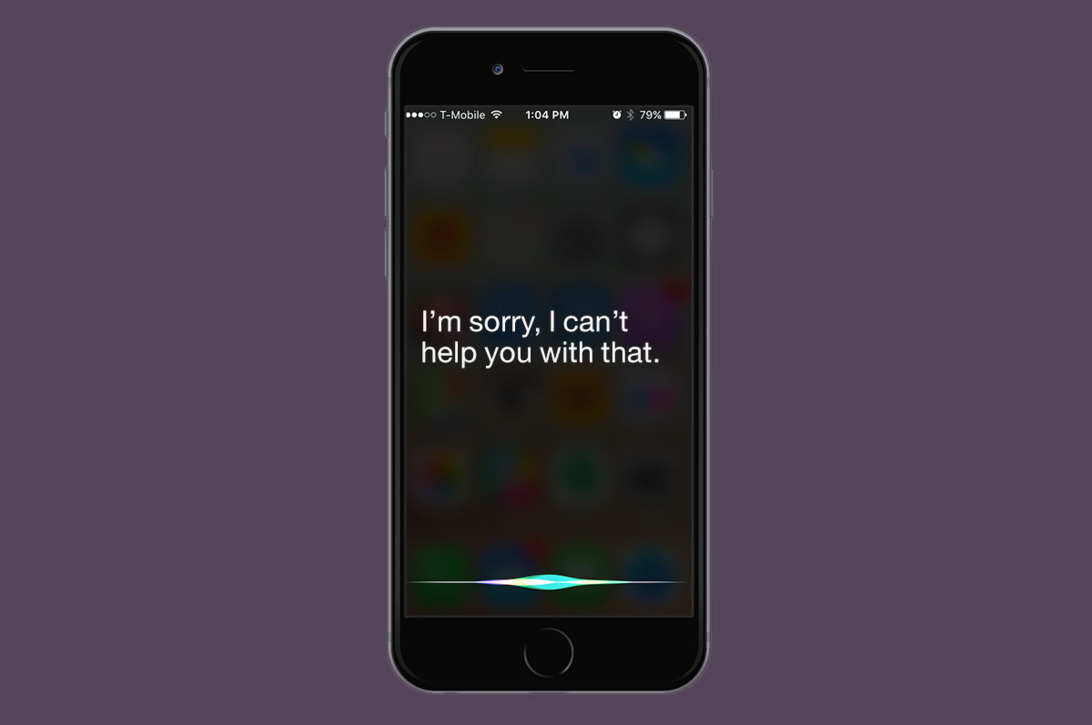Google recently unveiled a set of proposed upgrades to email. For New York Magazine’s tech section, I wrote about where it went wrong – most notably, that it should not be possible to “unveil” upgrades to a standardized communication platform in the first place.
The biggest flaw is simply that it can’t reasonably be called version two of email. That isn’t Google’s fault — version two of email doesn’t exist anywhere else either. We aren’t even trying. That is such a profound moral failure that maybe technical failure was also inevitable. And so a lukewarm quasi-open standard pushed by a monopoly interest punts our indefensible collective apathy right into the next generation, deeply broken and silly and misguided but also, embarrassingly enough, still the best we say we can do.
This is in many ways the spiritual successor to a previous article I wrote about the continued stagnancy of email.



